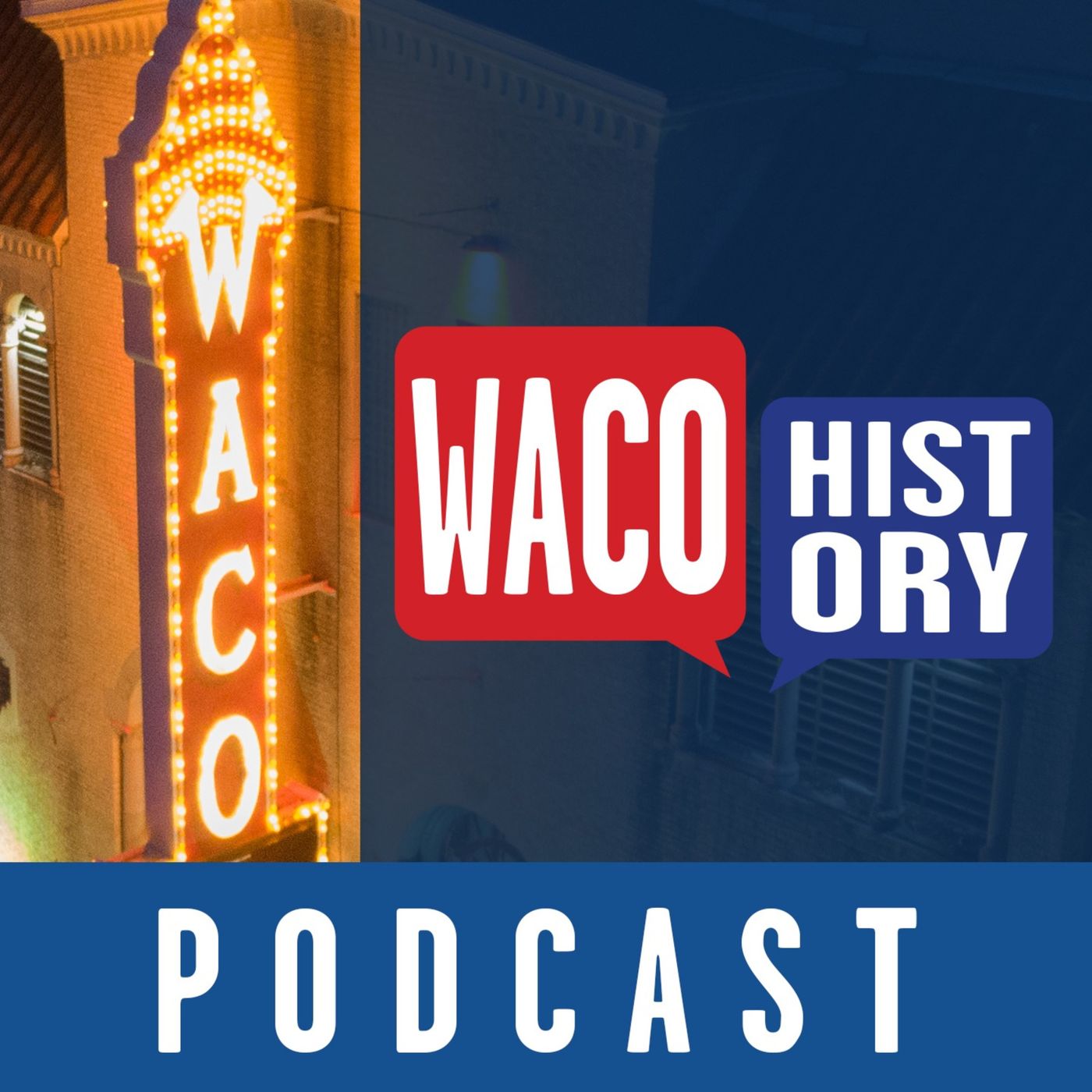- After-Shows
- Alternative
- Animals
- Animation
- Arts
- Astronomy
- Automotive
- Aviation
- Baseball
- Basketball
- Beauty
- Books
- Buddhism
- Business
- Careers
- Chemistry
- Christianity
- Climate
- Comedy
- Commentary
- Courses
- Crafts
- Cricket
- Cryptocurrency
- Culture
- Daily
- Design
- Documentary
- Drama
- Earth
- Education
- Entertainment
- Entrepreneurship
- Family
- Fantasy
- Fashion
- Fiction
- Film
- Fitness
- Food
- Football
- Games
- Garden
- Golf
- Government
- Health
- Hinduism
- History
- Hobbies
- Hockey
- Home
- How-To
- Improv
- Interviews
- Investing
- Islam
- Journals
- Judaism
- Kids
- Language
- Learning
- Leisure
- Life
- Management
- Manga
- Marketing
- Mathematics
- Medicine
- Mental
- Music
- Natural
- Nature
- News
- Non-Profit
- Nutrition
- Parenting
- Performing
- Personal
- Pets
- Philosophy
- Physics
- Places
- Politics
- Relationships
- Religion
- Reviews
- Role-Playing
- Rugby
- Running
- Science
- Self-Improvement
- Sexuality
- Soccer
- Social
- Society
- Spirituality
- Sports
- Stand-Up
- Stories
- Swimming
- TV
- Tabletop
- Technology
- Tennis
- Travel
- True Crime
- Episode-Games
- Visual
- Volleyball
- Weather
- Wilderness
- Wrestling
- Other
Living Stories: Memories of Prohibition
Prohibition in the United States led to the decade most associated with flowing alcohol and crime. The Eighteenth Amendment, on the heels of the Volstead Act, put into place a national ban on the sale, manufacture, and transportation of alcohol in 1920. Local law enforcement agencies were not prepared.Helen Geltemeyer of Waco recalls a relative concocting whiskey during Prohibition:"But I have an aunt—his sister in Austin—made it. They made it in their bathtub. And the reason why they did there because if they found out the cops were coming, they'd just let it go down the drain."Ann and William Walko of Windber, Pennsylvania, explain how Prohibition affected the moonshine trade:A. Walko: "My grandmother, they said she was in jail almost every weekend. They take her to jail; my mother have to find somebody to go bail her out, you know. But that was survival. They had—they needed money, so they would make the moonshine. And these bachelors were all living with people. You know, they worked in the mine. And they would—she'd sell them bottles, you know, and they'd pick my grandmother up, and away she'd go (laughs) off to jail. But she wasn't the only one. There was a lot of women around this area."W. Walko: "I remember my mom and that, they used to make—my grandma used to make that moonshine down in the cellar. And I notice they'd put it in a little spoon, and they'd light it, see if it'd burn. (laughs)"A. Walko: "If it was strong enough."Interviewer: "And you knew it was good."W. Walko: "If strong enough."A. Walko: "Yeah, you knew it was good then."W. Walko: "I didn't know what they were doing then. But then, this one time when they heard the cops coming around, boy, they got rid of that, (laughter) stuffed in their cars and everything else."Folklorist and educator Martha Emmons of Mansfield describes her and her father's impressions of Prohibition:"I remember a lot of people that thought it was so cute to break the law. And I know my father used to say—now he was pretty well on the idea of strict construction of the constitution of states' rights. He was brought up in that, don't you see. And he used to be in favor of local option because he said he was in favor of prohibition on the state scale if anybody could enforce it, but he said, ‘You just watch it. It will not be enforced on a—the bigger your scale, the less the enforcement will be.' And he did think it was a degrading thing to have laws on the statute books that were not enforced and not obeyed. And now a lot of people said that when they say, I'm for local option, that that was just a cop-out, that we want statewide prohibition."But I know it was often discussed around that supper table at home, and I heard so much of my father's sentiments. Now, he wasn't above taking a drink. As I tell you, we grew up on whiskey. And the doctors told us, though, that in prohibition there would be something else. I used to think, What in the world will we do if we get sick? Because whiskey was available to everybody, and that was a common remedy that we all had."Throughout the twenties, Prohibition grew steadily more unpopular, and enforcement proved impossible. In the spring of 1933, President Roosevelt signed an amendment to the Volstead Act, and in December Utah's ratification of the Twenty-first Amendment officially repealed the Eighteenth Amendment, bringing an end to Prohibition. Learn more about your ad choices. Visit megaphone.fm/adchoices

